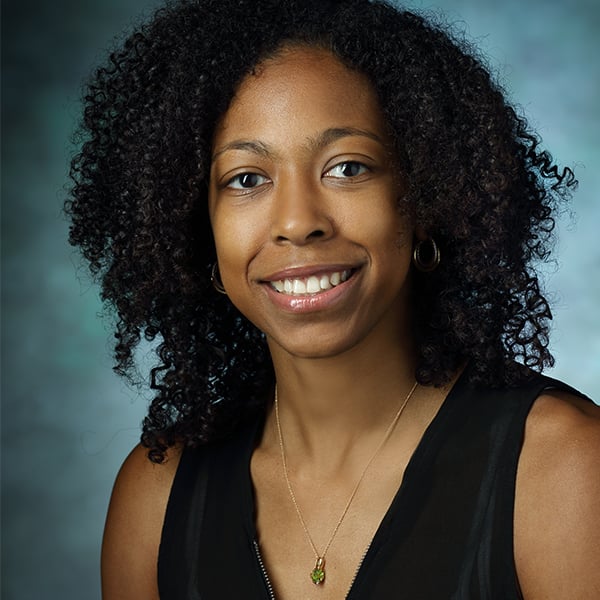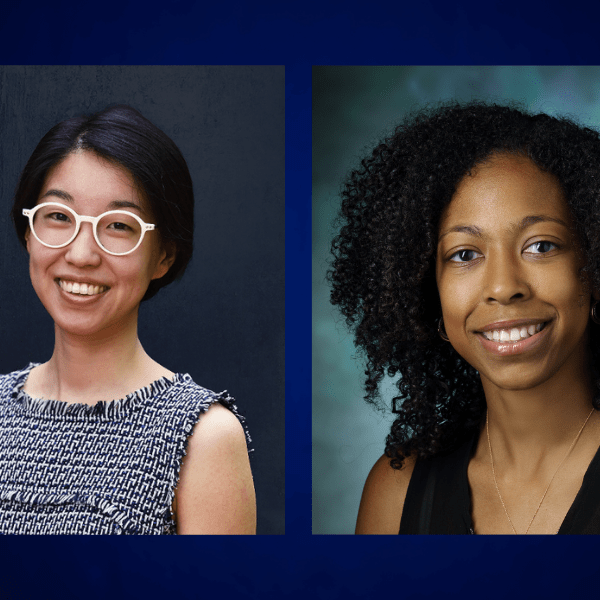Research Interests
Dr. Casey Overby Taylor is Associate Professor of Medicine-General Internal Medicine and Biomedical Engineering in the Johns Hopkins School of Medicine, and is core faculty in the Institute for Computational Medicine. She has an affiliation with the GIM Biomedical Informatics Data Science (BIDS) Section, and joint appointments in the Department of Health Policy and Management in the Johns Hopkins Bloomberg School of Public Health, and the Computer Science Department in the Johns Hopkins Whiting School of Engineering. Her research draws from biomedical informatics and the related field of biomedical data science to address the challenge of how to incorporate digital health technologies into clinical research and clinical practices, particularly for genomics. She also draws from comparative effectiveness research approaches, including experience with conceptualizing and measuring implementation outcomes, to study the use of clinical decision support as a strategy to improve the adoption of clinically actionable guidance. Taylor was honored as a previous recipient of a Johns Hopkins Malone Center for Engineering in Healthcare Fellowship (2017-2020), and current recipient of a Microsoft Digital Investigator Fellowship (2020-2022) and NHGRI Genomic Innovator Award (2020-2025).
Taylor is currently building the Translational Informatics Research and Innovation (TIRI) group that is pursuing research with application areas including translational research, precision medicine, and precision public health. In the translational research area, the TIRI group is investigating how to make use of emerging services and technologies such as wearable monitoring to enable deep phenotyping, while keeping study participants at the center of innovation. In addition, they are pursuing biomedical data science projects to generate evidence to guide precision medicine and precision public health practices in areas such as case management after the return of genomic test results, chronic disease management, drug treatment selection, and postpartum care optimization.
Taylor completed pre-doctoral National Library of Medicine biomedical informatics training and National Human Genome Research Institute genome sciences training fellowships at the University of Washington in 2011. She also completed a post-doctoral National Library of Medicine informatics training fellowship at Columbia University in 2013. Prior to her move to Hopkins in 2016, she was Assistant Professor in the University of Maryland Program for Personalized and Genomic Medicine. In 2020, she was jointly appointed in Medicine-General Internal Medicine and Biomedical Engineering at Hopkins.
Titles
- Associate Professor, Biomedical Engineering
- Associate Professor, Medicine
Affiliated Centers & Institutes
Education
- PhD, Biomedical Informatics, University of Washington, 2011
- MS, Biotechnology, University of Pennsylvania, 2006
- BS, Bioinformatics, University of Michigan, 2004
Recent Highlights
-
December 16, 2024Johns Hopkins researchers shows that LLMs can generate realistic patient data for training AI without compromising individual privacy.
-
November 22, 2023The National Institutes of Health’s All of Us Research Program and 10 partner institutes, centers, and offices have funded 26...
-
May 10, 2023Thirty-seven talented early-career faculty members representing all nine academic divisions of the university will receive 2023 Johns Hopkins Catalyst Awards. Among the award winners this year is Casey Overby Taylor, associate professor of biomedical engineering and medicine.


